About
VdFS manages fiduciary and collectively the copyrights and neighbouring rights of the professional groups direction, camera, film editing, stage design, costume design, acting and voice.

VdFS distributes royalties, which result from secondary exploitation rights as well as legal remuneration and participation claims, to filmmakers, performing artists in the audiovisual field (actor/actress, voice actor/actress) and their legal successors (heirs). This is income such as, for example, cable fees, private reproduction remuneration, remuneration for public reproduction of films in schools and universities, and the public lending rights.
VdFS uses reciprocal agreements with numerous foreign affiliated companies to manage the rights and claims of its members (beneficiaries) abroad.
VdFS dedicates a portion of its income to social and cultural institutions (SKE) on the basis of legal regulations and voluntary deductions. With these funds, the society supports its members in social emergencies and in the area of training and further education. In addition to that, VdFS supports film festivals and film-related projects and contributes financially to the professional associations of filmmakers.
VdFS advises its members on issues of (film) copyright. It supports the interests of filmmakers in relation to amendments of copyright and collecting society laws and represents these on a national, European and international level.
VdFS is audited and controlled by its Supervisory Board, an independent auditor, the Federation of Cooperatives and the Supervisory Authority of Collecting Societies.
VdFS - Committee
Board of Directors
Kreihsl Michael (Chairman, Direction)
Sprenger Kristina (Vice-Chairwoman, Acting)
Heubrandtner Astrid (Camera)
Brameshuber Sebastian (Direction)
Ludwig Christine (Costume Design)
Reichmann Florian (Stage Design)
Mossböck Niki (Film Editing)
Supervisory Board
Stemberger Julia (Chairwoman, Acting)
Oláh Thomas (Vice-Chairman, Costume Design)
Arnsteiner Norbert (Camera)
Lesowsky-List Sonja (Film Editing)
Roth Thomas (Direction)
Vögel Thomas (Stage Design)
Representatives of Beneficiary
Groll Jacob (Direction)
Frey Gerald (Camera)
Drack Julia (Film Editing)
Haring Katharina (Stage Design)
Ebner-Laszek Theresa (Costume Design)
Nelska Liliana (Acting)
VdFS - Team
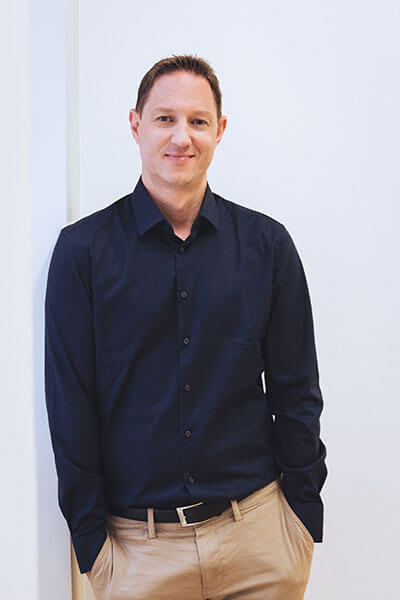
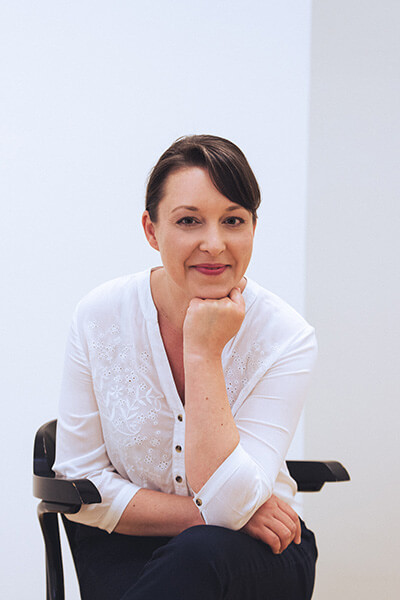
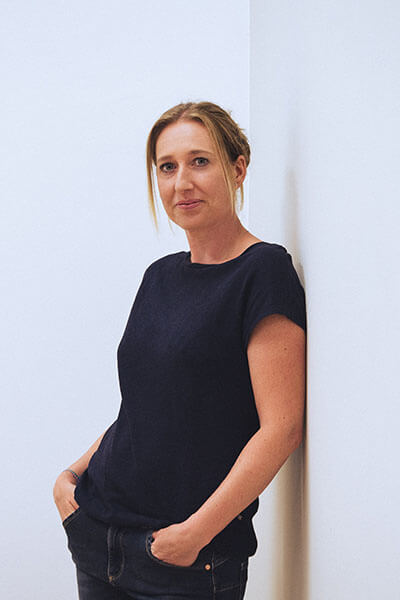
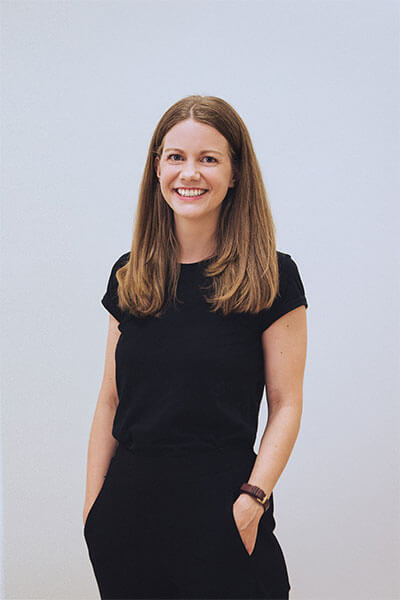
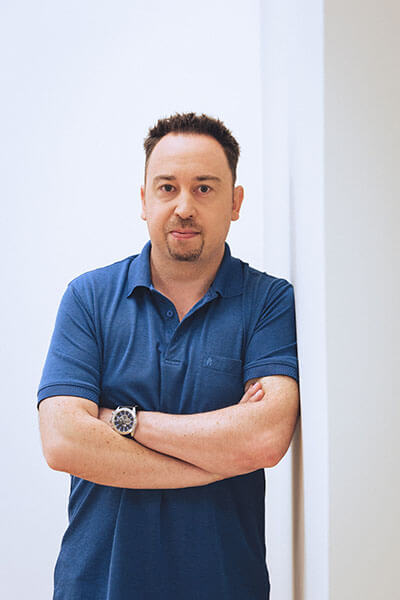
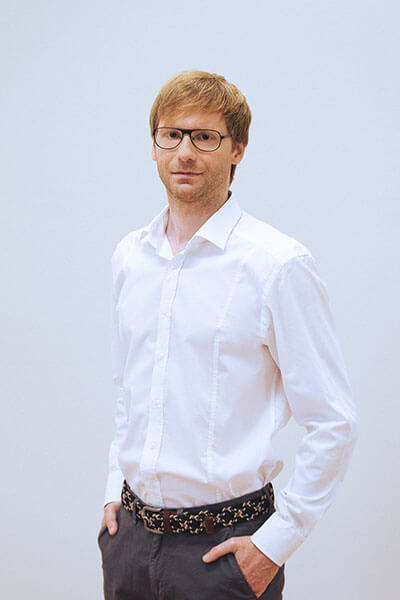
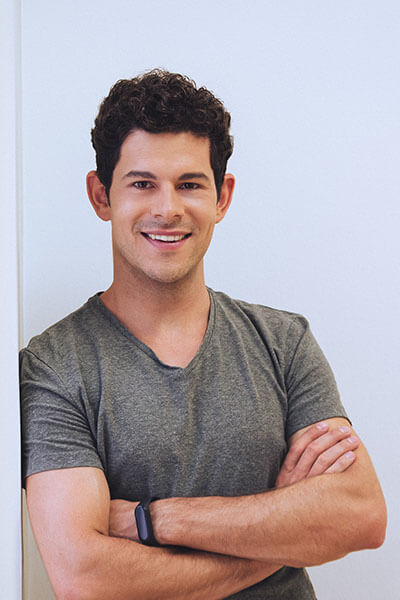
Members of VdFS
In addition to more than 3,700 beneficiaries who have concluded a representation agreement with VdFS, we also represent all beneficiaries of our foreign sister companies with which we are affiliated through reciprocal agreements.
How do I become a member?
You can find out how to become a member here.

Mandatory Publications
Here you will find all documents to be published pursuant to Section 44 VerwGesG 2016.
Legal basis
License to operate
The license to operate is the legal basis for the collection activities of VdFS (only German).
Statutes of VdFS
The rules for ordinary membership contain those provisions according to which a beneficiary can become a cooperative member of VdFS.
Statutes of VdFS (german)
List of statutes
The directory contains an overview of the bylaws concluded by VdFS with user organizations
List of statutes (german)
Statues Kabel-TV 1998 (german)
Statues "Öffentliche Wiedergabe in Beherbergungsbetrieben 1996 (german)
Membership
Membership Contract
The conclusion of the Membership Contract results in the membership of VdFS. In this contract, various rights and claims are granted to VdFS for the purpose of the fiduciary and collective managemen
Ruels for ordinary Membership
The rules for ordinary membership contain those provisions according to which a beneficiary can become a cooperative member of VdFS.
Directory of the members of the cooperative
This directory contains an overview of the cooperative members of VdFS.
Contracts
List of total contracts
Here you will find an overview of the overall contracts concluded by VdFS with user organizations.
Gesamtvertrag Speichermedienvergütung 2016 (german)
Rahmenvertrag Speichermedienvergütung 2016 (german)
Gesamtvertrag Leerkassettenvergütung 2010 (german)
Gesamtvertrag Mobile-TV 2010 (german)
Gesamtvertrag Kabel-TV 2008 (german)
Gesamtvertrag Bibliothekstantieme 1996 (german)
Contracts with the federal government
The list of contracts with the federal government contains an overview of the overall contracts concluded by VdFS with the federal government.
VdFS has not currently published any autonomous tariffs and has not concluded any contracts with ORF.
List of Contracts with the Federal Government
Reciprocity agreements
The list of reciprocal agreements contains an overview of the reciprocal agreements concluded by VdFS with foreign sister companies.
Distribution Rules
Distribution principles
These general principles for distribution regulate the framework on the basis of which the distribution regulations and SKE guidelines of VdFS are decided.
General principles for distribution
Distribution regulations
The distribution regulations contain the fixed rules according to which VdFS distributes royalties to its members.
Guidelines
SKE-Guidelines (Social and Cultural Institutions)
The SKE-guidelines contain the fixed rules according to which VdFS assigns contributions from social and cultural institutions.
General principles
General principles for the use of non-distributable funds
These principles for contain the framework for the use of non-distributable royalties.
General principles for the use of non-distributable funds
General principles of administrative costs
The "general principles of administrative costs" determine the framework for the deduction of administrative expenses
General principles for administrative costs
General principles for other deductions
The "general principles for other deductions (as administrative costs) including deductions for the SKE" contain the rules for other deductions than administration costs such as SKE-deductions and reserves.
General principles for other deductions (as administrative costs)
Rates
Reports
SKE-Reports (Social and Cultural Institutions)
The reports provide an overview of the SKE grants distributed in a given year. (Reports in German)
Transparency Reports
These contain all information pursuant to Section 45 VerwGesG 2016.
Codices
The Corporate Governance Code of the Austrian Cooperative Association contains regulations on the organization and structure of cooperatives.
Declaration of compliance with the Corporate Governance Code (german)
Complaints or dispute participation
The opportunities for complaints and alternative dispute resolution illustrate contact information and legal procedures in case of complaints or disputes.
Opportunities for complaints and alternative dispute resolution
Undistributable royalties
Here you will find the non-distributable amounts to be published in accordance with §35 VerwGesG 2016.
List of non-distributable royalties 2021
The history of VdFS
VdFS was founded in 1992.
The real starting point, however, was the meeting of the Austrian Association of Cinematographers in 1984, which brought filmmakers’ copyrights and exploitation rights in Austria to the forefront for the first time. This was the first time that Austrian filmmakers became aware that, for many years, royalties from cable television and private reproduction remuneration was collected and distributed by the other collective management organization, such as AKM (Society of Authors, Composers and Music Publishers), Literar-Mechana, VAM (Collecting Society for Audiovisual Media) and VGR (Collecting Society of Broadcasters). With the support of BILD-KUNST, the German collecting society that was already in existence at that time, but especially the well-known German cinematographer Jost Vacano (“Das Boot”), the AAC commenced an awareness campaign that lasted for many years, with the aim to establish a collecting society for filmmakers also in Austria. In cooperation with the professional associations of film set designers and master film editors, this idea finally became the umbrella organisation of Austrian filmmakers, and the establishment of a collecting society was raised as an urgent request with politicians by all occupational groups involved in cinematographic works.
A copyright congress in Salzburg in 1991 where every institution and all associations were represented, finally accelerated progress.
Read more
With the esprit of the congress and a heightened self-confidence, the Collecting society of audiovisual authors (VdFS) was founded by a handful of filmmakers, legal and tax experts in the legal form of a limited liability cooperative. Among them was the first managing director of VdFS, Univ. Prof. Dr. Walter Dillenz. The declared goal was to enable filmmakers to participate in this income as well as musicians, writers, visual artists, producers and broadcasters.
In the years 1993-1996, the activities of VdFS were primarily limited to the collection and distribution of royalties forwarded by foreign collecting societies. The turnaround came with the 1996 amendment to the Copyright Act, which for the first time provided for the participation of film authors in the aforementioned revenues. The rights of film actors and actresses also had to be gradually enforced by them. In 1997, VdFS was finally able to generate its own revenues from the domestic market for the first time.
These revenues could be increased considerably over the decades, although VdFS first had to enforce an appropriate share in the revenues of the other collecting societies. For example, VdFS's shares of VAM's revenues (cable fee and private copying remuneration) were initially fixed by contract. After this agreement was terminated by VAM, the distribution of revenues between VdFS and VAM was determined by the Copyright Senate. Furthermore, in 2006, VdFS reached an agreement with the Verwertungsgesellschaft Rundfunk (VGR) in a court settlement regarding an appropriate share of the latter's revenues, which resulted in a further increase in VdFS revenues. However, this gratifying development has not yet been completed. It has not yet been possible to achieve adequate compensation for filmmakers for the use of their works and services in all areas.
VdFS took a major step forward in 2012, when the Court of Justice of the European Union (ECJ) ruled in a test case initiated by VdFS that the so-called "cessio legis" of Austrian film copyright law is contrary to EU law. From the point of view of Austrian filmmakers, this decision is a milestone, since according to previous case law and prevailing doctrine, all of the filmmakers' exploitation rights were assigned to the producers by law.
This expropriation by the Austrian legislator, which still dated back to the original version of the Copyright Act from 1936, was put a stop to by the European Supreme Court. Since 2012, the "cessio legis" has been interpreted as a "rebuttable presumption" in favor of the film producer. Since then, the legal situation has corresponded to that in all other European countries. This means that, for the sake of legal certainty, it is presumed that the exploitation rights were granted to the producer, but something else can be contractually agreed between the filmmaker and the producer at any time.
This puts an end to the existence of filmmakers as "second-class authors" in that contracts must be concluded with them. In theory, at least, it will be possible to agree on a share of the producers' revenues and to reserve individual rights by contract.
It is obvious that this does not automatically mean higher revenues for the filmmakers. This is due to the fact that, in practice, producers and broadcasters enter into agreements with filmmakers and actors to grant rights in return for a one-time payment ("buy-outs").
Here, however, VdFS can exercise its protective function by asserting rights and claims in its own name and in the interest of its beneficiaries, at least in the area of "second and third exploitation" of their works and performances.
The abolition of the "cessio legis", which was also confirmed by a decision of the Supreme Court (OGH) in 2014, has in any case brought about a fundamental change in the legal situation. Since then, filmmakers and actors have been treated equally to all other authors and holders of ancillary copyrights. This means that filmmakers are no longer "subtenants" of film producers and broadcasters, but can assert their rights and claims independently (or represented by VdFS) against the users of their works.
This new legal situation was not reflected in the Austrian Copyright Act until the 2015 amendment to the Copyright Act. In the course of this important amendment, the system of blank tape remuneration, which had been in force since 1980, was replaced by that of storage media remuneration ("hard disk levy"), which for the first time enabled VdFS and the other collecting societies to collect private copying remuneration also for multifunctional carrier material such as PCs, cell phones, tablets, external hard disks, etc. This also led to a significant increase in the number of private copying levies. This innovation also resulted in a significant increase in VdFS's revenues in the coming years.
In the years 2014 onwards, VdFS also significantly expanded its SKE funding by implementing the new funding areas of training and further education and the promotion of young talent.
In 2016, VdFS and other collecting societies in Austria were heavily regulated on the basis of the EU's "CMO Directive 2014". Based on the principles of transparency and democracy, the 2016 amendment to the Administration Act resulted in a significant revision of the VdFS Articles of Association and a massive expansion of reporting at VdFS (transparency reports, etc.).
On the basis of further amendments to the Copyright Act in the following years, VdFS has been able to expand its scope of protection in addition to the cable fee, the private copying fee (storage media fee), the lending fee (library fee), the fee for public reproduction in the classroom, the fee for public screen reproduction (of author: In addition to the remuneration for the use of image or sound carriers and the remuneration for the public reproduction in accommodation establishments, the Act also covers other areas of perception, such as the remuneration for use by persons with disabilities and the remuneration for making available to the public for teaching and learning purposes (intranet use).
In another comprehensive and significant amendment to the Copyright Act, the UrhG Amendment 2021, which implemented the EU's 2019 Single Market Directive in Austria, VdFS lobbied intensively, among other things, for collective remuneration claims in the online sector, e.g. for uses of cinematographic works on the major "user-generated content platforms" (YouTube & Co.) and on streaming services (such as Netflix and Amazon Prime), as well as for the implementation of a comprehensive copyright contract law. Unfortunately, the former could not (yet) be achieved due to the resistance of various stakeholders, while the latter has found its way into Austrian copyright law, at least in basic outlines.
In the course of this process, VdFS was significantly involved in the founding of the "Initiative Urhebervertragsrecht" in 2020, from which the association "Initiative Urheberrecht Österreich" (www.inititativeurheberrecht.at) emerged in 2023. According to the preamble of the statutes, the Initiative Urheberrecht Österreich sees itself "as a cross-disciplinary platform and common mouthpiece for all creators in Austria, as well as an institution for the bundling of forces, interests and know-how with the aim of institutionalizing, professionalizing and ensuring the continuity of the representation of interests, not only but especially in the field of copyright, ancillary copyright and collecting society law." Following the example of the German Copyright Initiative (https://urheber.info), which has been in existence for more than 10 years, this initiative in Austria will hopefully provide important impulses for Austrian artists in general and filmmakers in particular in the coming years.
During the Corona pandemic (2020, 2021), VdFS has provided its beneficiaries with important financial support services (special funds, legal advice, etc.) from RACO in an unbureaucratic and quick manner.
In 2020, the VdFS office moved from Bösendorferstrasse to Löwelstrasse in 1010 Vienna. In the founding year of VdFS, the number of employees was 3, but in 2021 this number was increased to 7.
In the first 30 years of its existence (1992-2022), VdFS generated a total of approximately EUR 130 million in domestic and foreign revenues for its beneficiaries and distributed approximately EUR 17 million in funds for social and cultural purposes (SKE).
